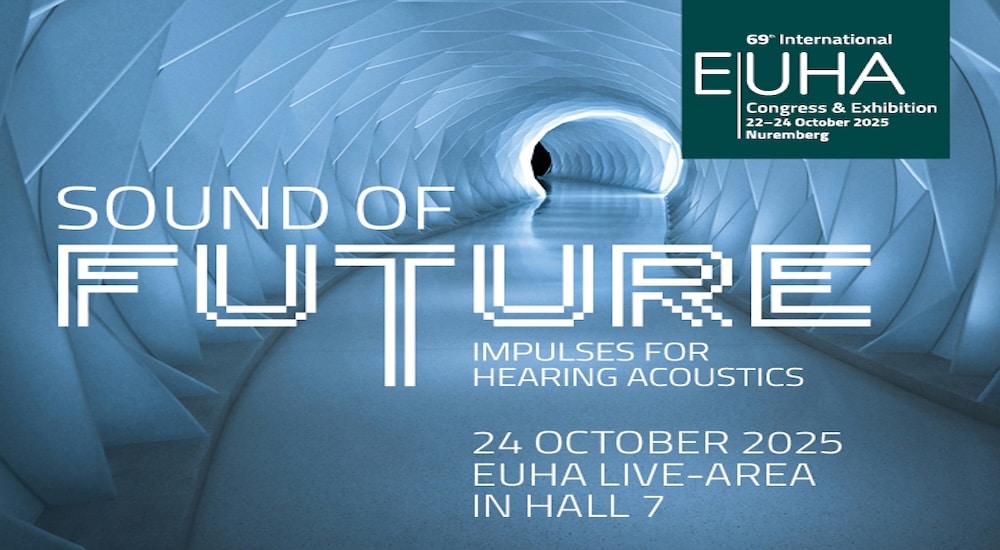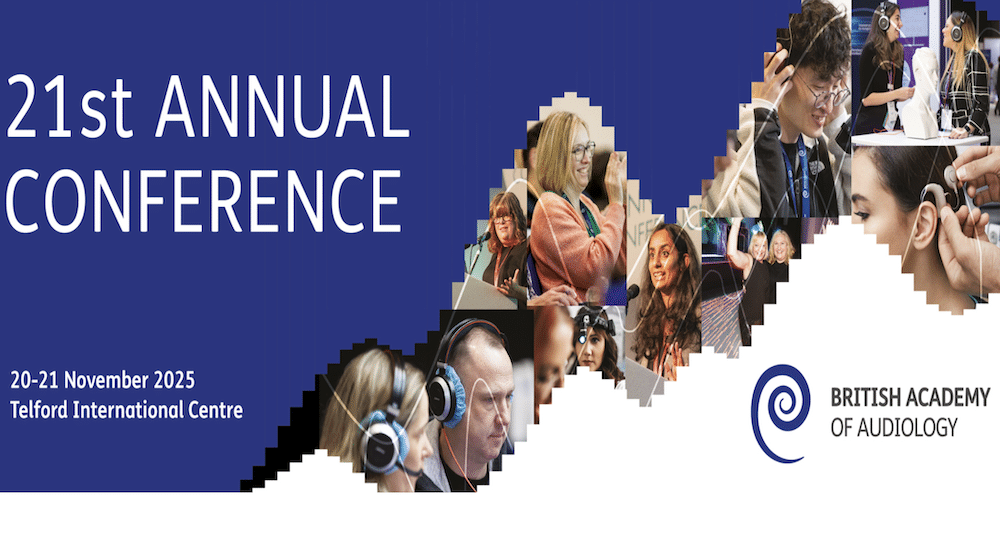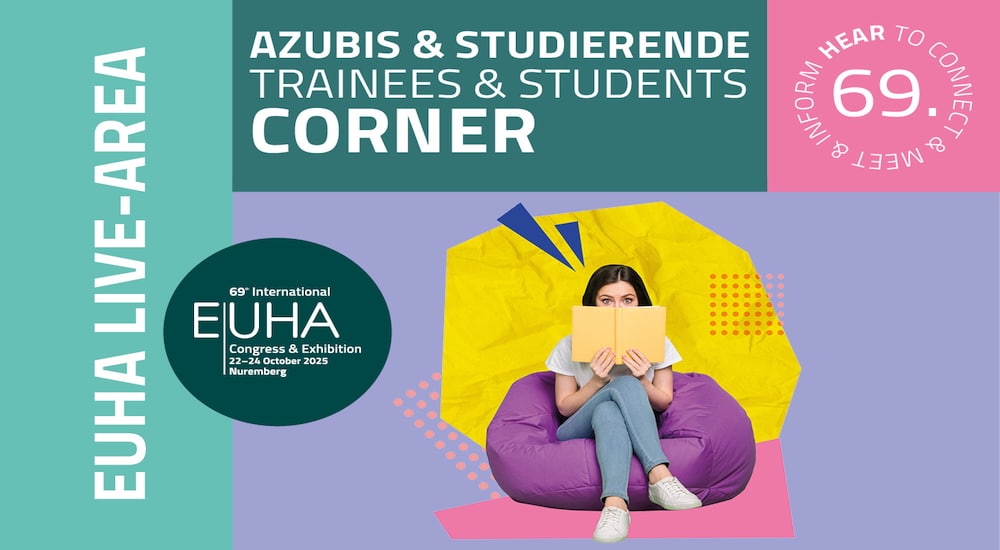ENT World Congress: Deafness, a key concern for the WHO
ENT World Congress
Conferences related to this subject during the ENT World Congress in Paris:
In the WHO sessions, you will find out more about how it promotesear and hearing care through preventive and therapeutic measures.Sunday, June 25, 15h, Bordeaux Amphitheatre
A consensus conference is devoted to sudden hearing loss. Itwill present current “state-of-knowledge” and new therapeuticapproaches.Wednesday, June 27, 8h30, Bordeaux Amphitheatre, OT ICONO 01
Deafness caused by genetic disorders is a very important topicbecause, thanks to the identification of the genes responsible,the scientifi c community has acquired a better understanding ofthe inner ear. During this round table, leading experts will sharetheir thoughts on the matter.Wednesday, June 28, 9h30, OT RT 03
Advances in hearing aid technologies. Connectivity, connecteddevices, signal processing, noise reduction systems: hearing whatyou want to hear. Sunday, June 25 8h30, room 352b AU KL 03Wednesday June 28 15h, (French) OAV KL08
Counseling patients in the choice between hearing aidvs. surgical rehabilitation.Sunday, June 25, 9h30, room 342B, AU RT 02
Technological advances in the management of singlesidedhearing loss through innovations in the signaltransmission of CROS systems and the benefi ts of hearingimplants (see: cochlear implants)Monday, June 26 8h30, room 342B, AU KL07Monday, June 26 11h, room 342A, AU SYMPO 04
Objective auditory testing: central plasticity and auralrehabilitation. Innovations in the use of EAPs and othertechnologies, such as PET technologies. Sunday, June 2516h30, room 343, AU SYMPO 02
The impact of hearing loss on cognition and dementia.There seems to be a strong correlation between thesephenomena. Franck Lin will present his research inthis area. Sunday, June 25 14h30, room Maillot, OT KL 06
New findings on presbycusis, advances in geneticresearch and the development in knowledge of physiopathologyoffer a better understanding of degenerative aspects. Moreover,today’s increasingly connected world and the emergence of newcommunication modes require a new approach to personalizedprevention plans based on what we do for our jobs and leisureactivities. A significant topic, studied with a very pragmatic approach.Saturday, June 24 14h30, room 342B, AU SYMPO 03
Semicircular canal dehiscence is a diffi cult condition todiagnose. Experts will present their point of view as well as theadvantages and disadvantages of available surgical techniques.Tuesday, June 27 8h30, room 34,3 OT CONTRO 07
Tinnitus is a complex symptom, however, thanks to recentadvances, solutions are available, with 5 sessions on differentapproaches adapted to the patient: hearing aids, psychology,therapy. Feedback on the TINNET COST Action created to supportfundamental research on tinnitus in Europe, focusing on thepathophysiology and its management.Saturday, June 24 15h, room 343 AU KL2 (hyperacusis)Monday, June 26 9h30, room 342b AU RT03 (research network TINNET)Tuesday, June 27 16h30, Bordeaux Amphitheatre (pulsatile tinnitus)Wednesday, June 28 8h30, room 342b, OT RT16 (tinnitus and deafness)Wednesday, June 28 15h, room 351 (French) OAV-RT01 (sound therapy)
Read the complete article on our Audiology Worldnews’ flipbook article here:


